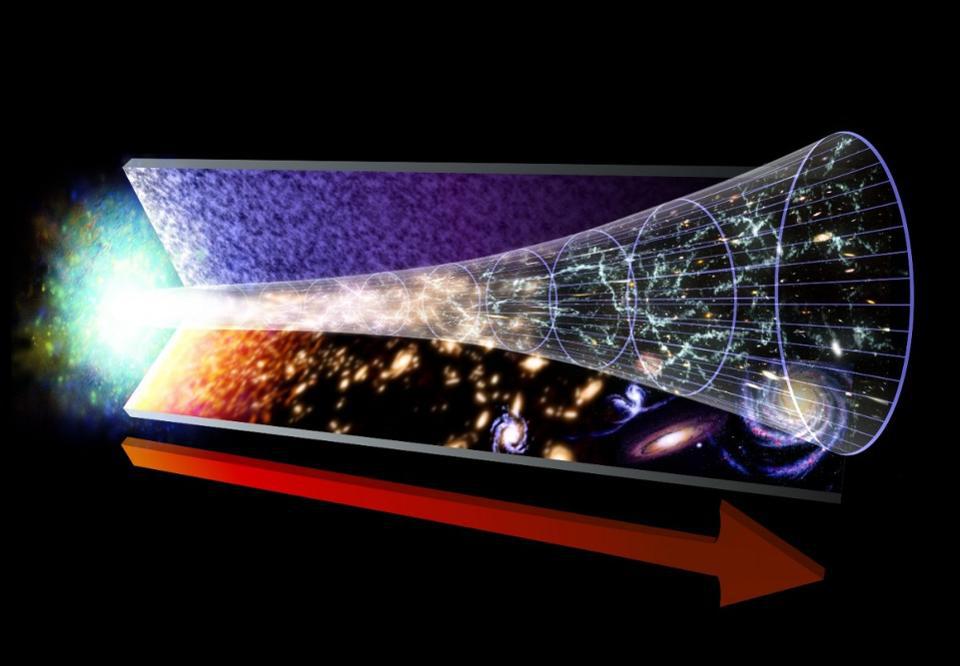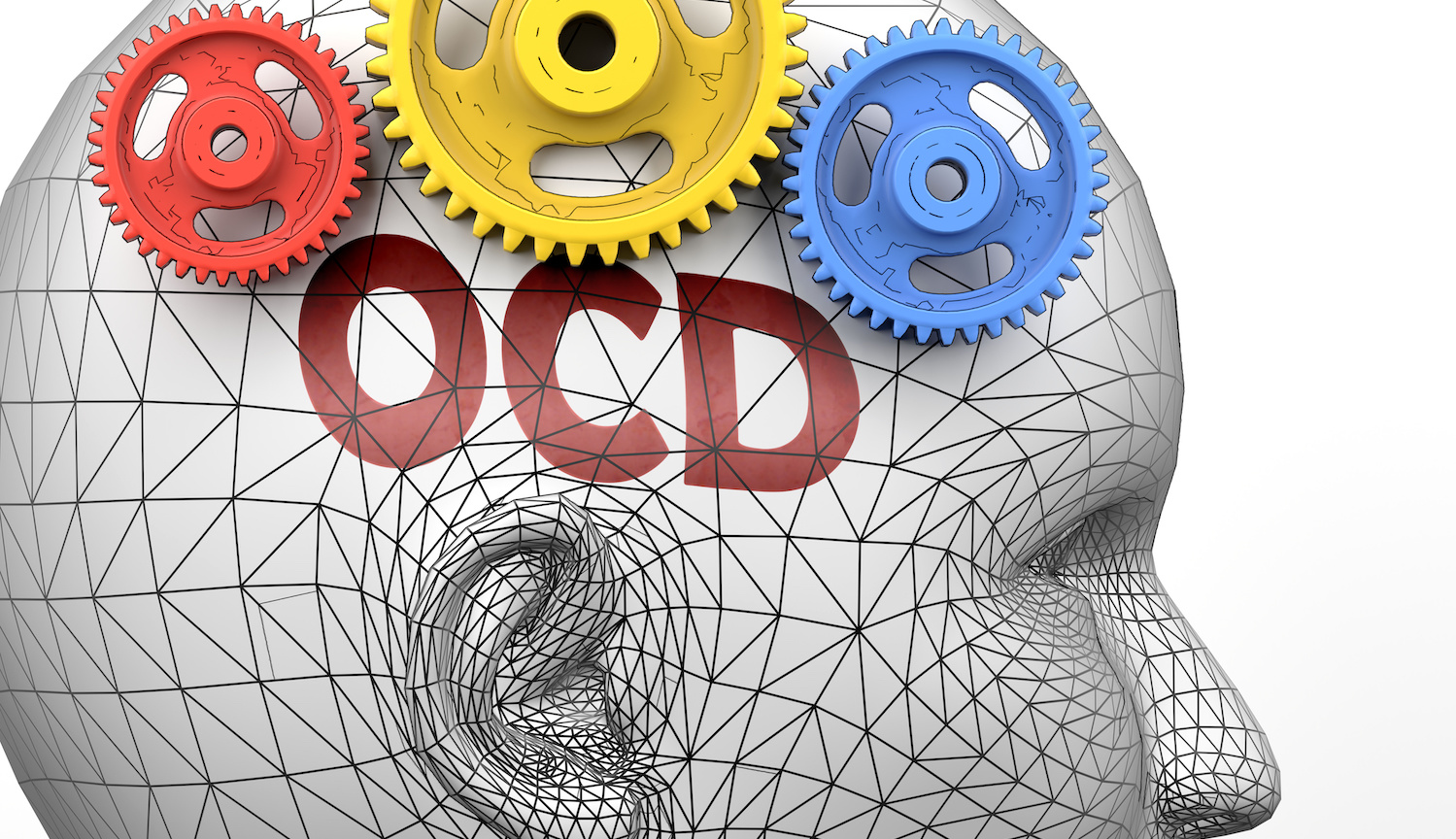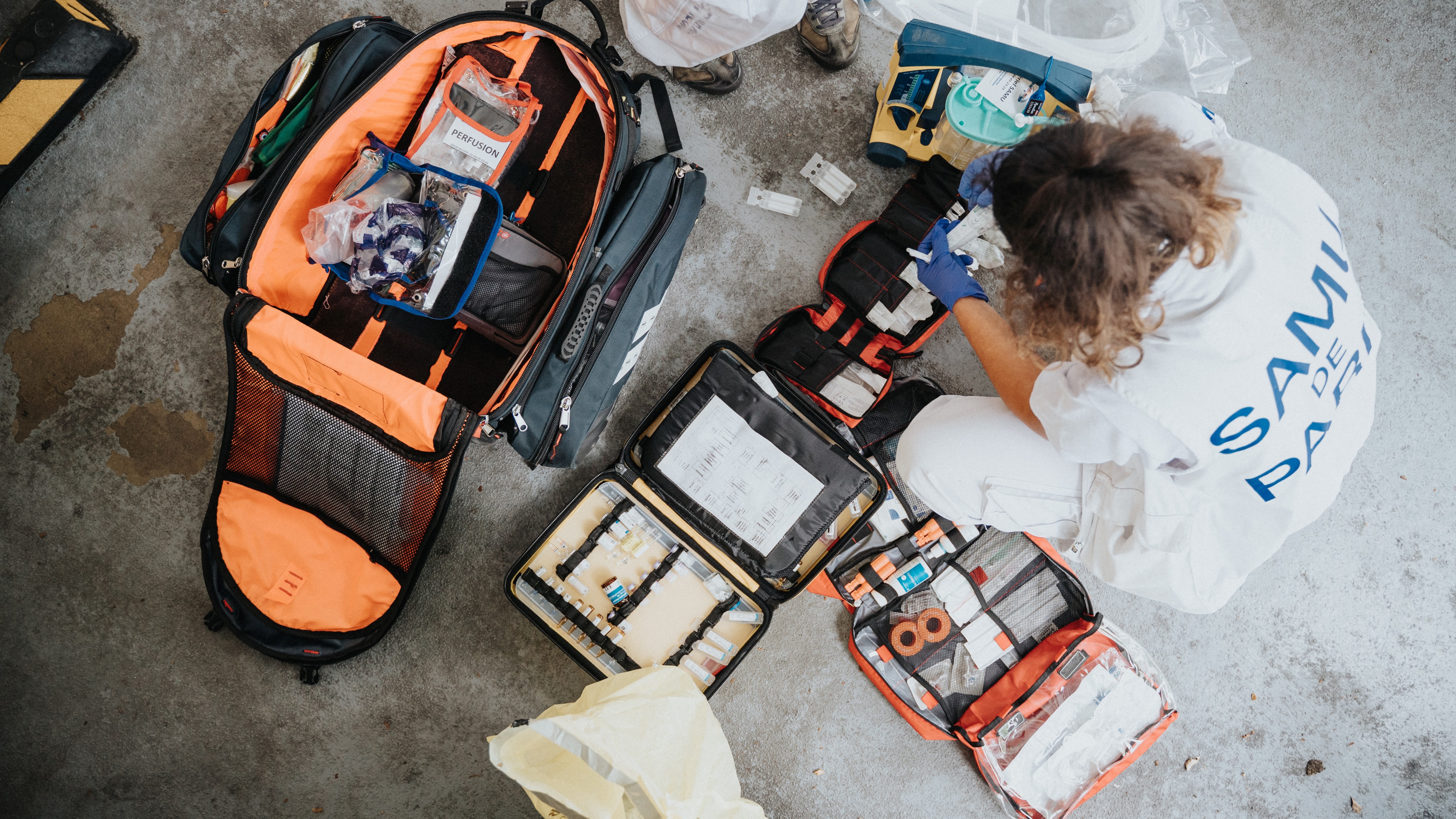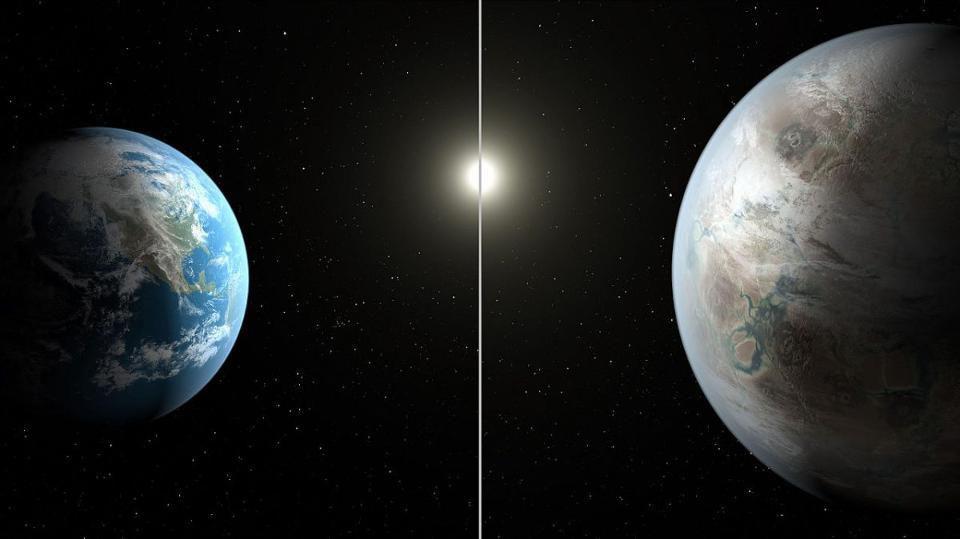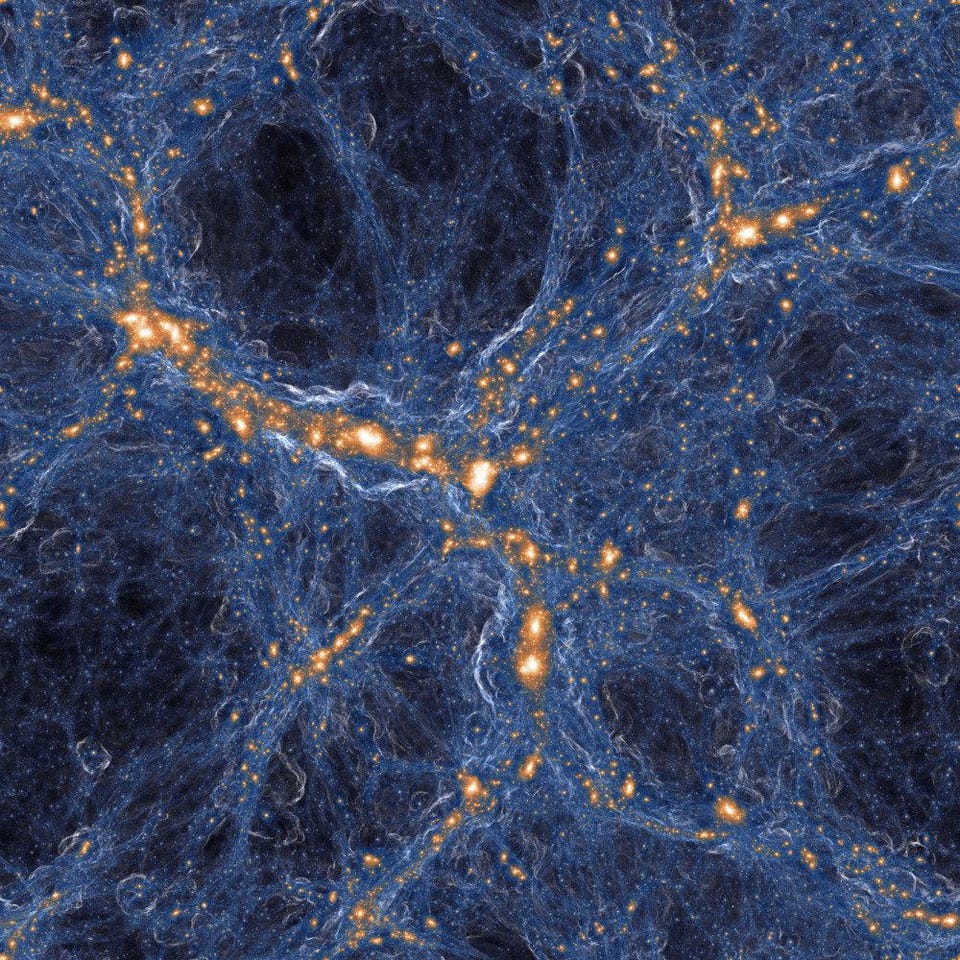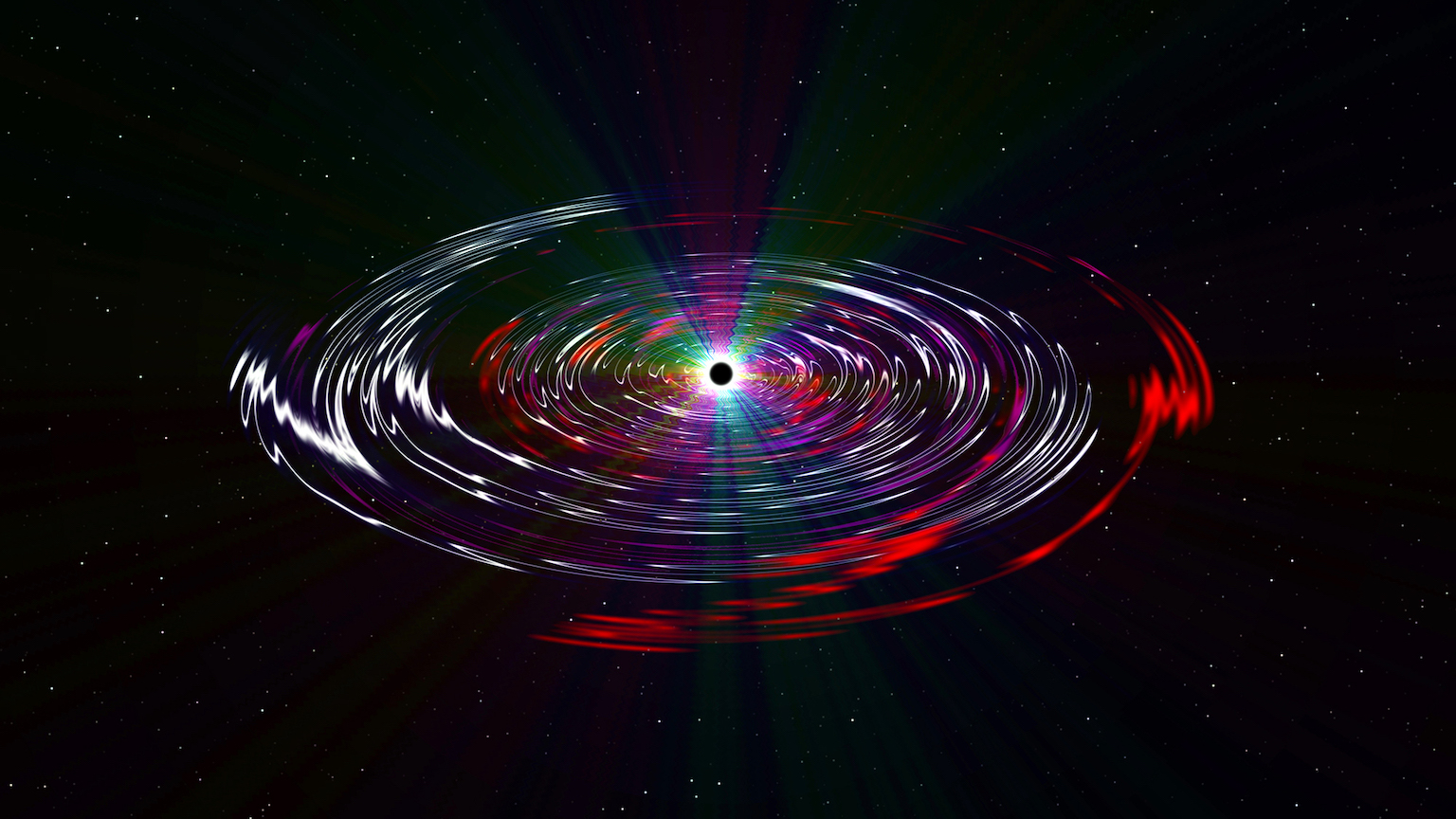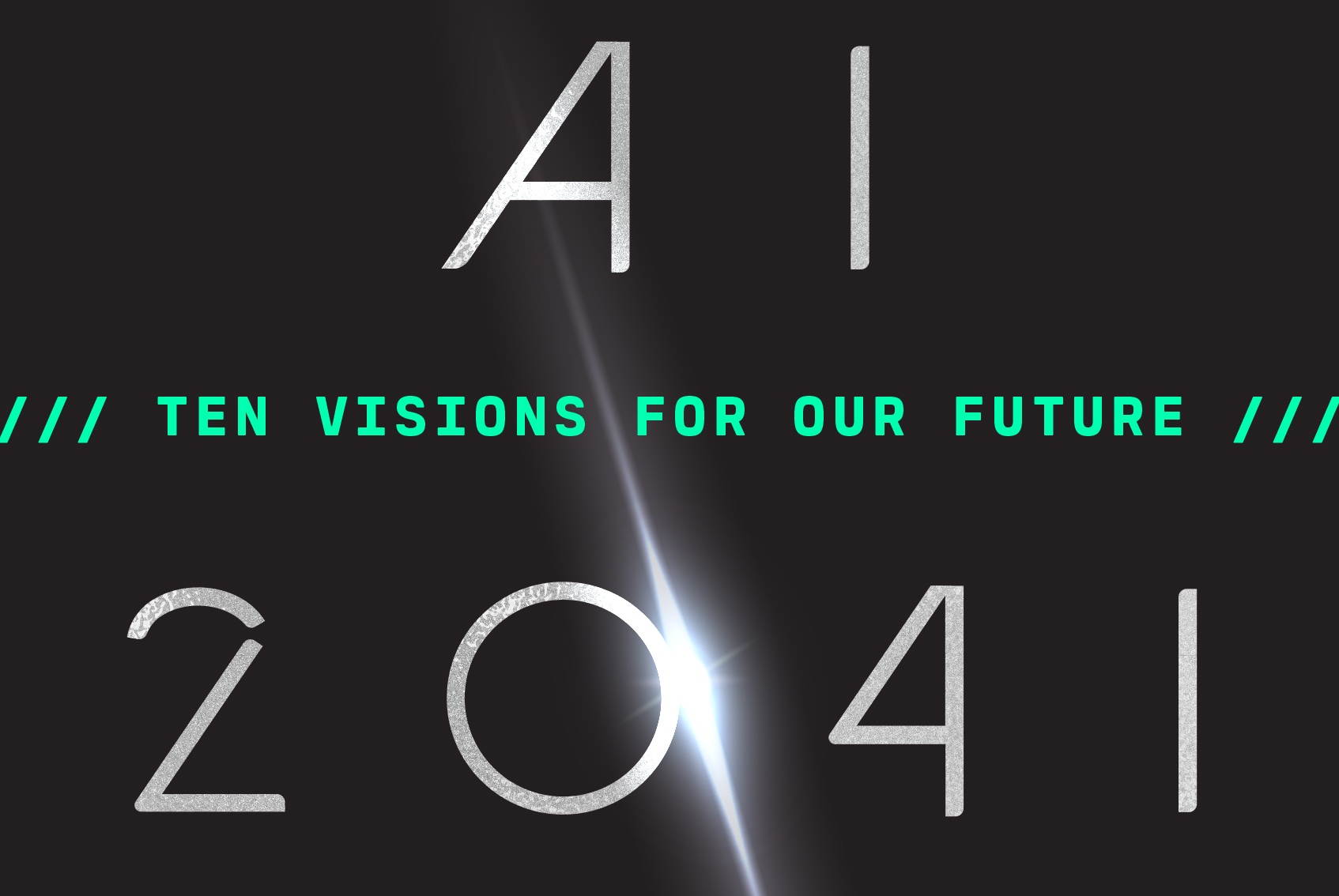There are an estimated two trillion galaxies within the observable Universe. Most are already unreachable, and the situation only gets worse.
The language you speak plays an important role in how you evaluate truth.
OCD and addiction may result in part from improper “reward” pathways in the brain. Ultrasound can disrupt those pathways.
Your brain is remarkably good at mapping out physical spaces — even if it’s an imaginary space like Hogwarts. But how does the brain do it?
The laws of physics obey certain symmetries and defy others. It’s theoretically tempting to add new ones, but reality doesn’t agree.
Scientists ranked countries on their end-of-life care. The U.S. fared poorly.
When reading critiques that inflate the uncertainty of science, ask these 7 questions.
Hybrid animals emere when two different species from the same family reproduce. For many years, the kunga’s lineage was just another genetic mystery.
Most things in the world can be seen in surprisingly different ways.
Hubble’s deepest views of space revealed fewer than 10% of the Universe’s galaxies. James Webb will change that forever.
The first personality tests revolved around assessing people’s reactions to ambiguous and often unsettling images. Today, the gold standard is a barrage of questions.
Shooting star or piece of space dust?
Stockholm Syndrome is the most famous of 10 psychological disorders named after world cities. Most relate to tourism or hostage-taking.
The decline of global poverty is one of the most important achievements in history, but the end of poverty is still very far away.
This flying car — more properly called an “electric vertical takeoff and landing (eVTOL) vehicle”
— will seat five and fly up to 135 mph.
People around the world, mostly Generation Z, are obsessed with the look and feel of gothic, elitist universities. Why?
It has been 50 years since an American has claimed the title of World Chess Champion. Will it ever happen again?
Impressive but deadly physics underlie catastrophic eruptions.
The problems that Americans face are often too complex for fact-checking alone.
A boy in Germany seems to be the first person to be cured of a rare and painful skin condition commonly called “butterfly disease.”
In terms of the planets we’ve discovered, super-Earths are by far the most common. What does that mean for the Universe?
Regret isn’t just unpleasant, it’s unhealthy.
Some U.S. intelligence operatives have suggested foreign adversaries may be using “directed-energy” weapons against Americans.
We are generally taught that there is an arc of history — an inevitable path of progress that leads to modern society. Maybe it isn’t true.
The book “The Genesis Machine” outlines the promise and peril of synthetic biology, a powerful tool that will allow us to program life like a computer.
Pizzanomics isn’t an official field of research, but it can save you big money.
On the largest scales, galaxies don’t simply clump together, but form superclusters. Too bad they don’t remain bound together.
Blended learning reflects how people learn and develop naturally every day. Here’s how to put it into practice.
It is time to give the Russian cosmologist the credit he deserves.
It is often assumed that AI will become so advanced that the technology will be able to do anything. In reality, there are limits.
